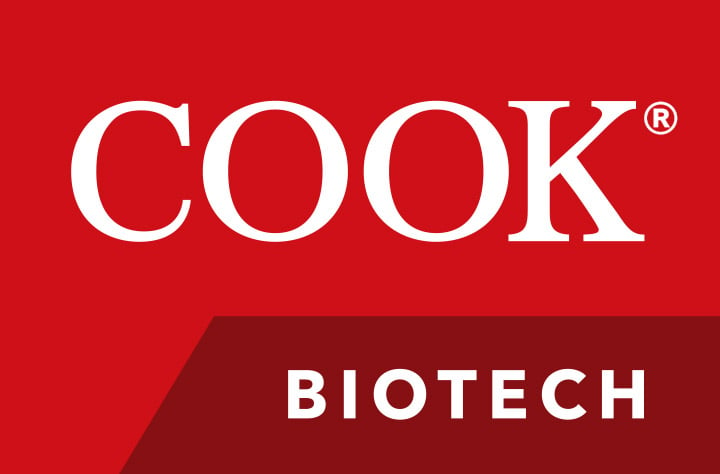A multicenter study in China treated patients suffering from anal fistulas using a decellularized porcine small intestinal submucosa (SIS) plug
Authors reported a six-month healing rate of 89.8% in the patients treated with Biodesign products, with an average healing time of 36 days. No severe pain or fecal incontinence was observed, and over 90% of patients and doctors were satisfied with the operative outcomes. No serious adverse events were reported.
The Biodesign Anal Fistula Plug is made from porcine SIS and has been on the market since 2007 showing variable rates of success. This paper demonstrates its continued success in treating patients with chronic anal fistulas, confirms the device’s safety profile, and confirms its role as a tool in the surgeon’s armamentarium to treat this debilitating and socially devastating disease.
1 Chen ZW, Zheng Y, Zhao R, Wang ZJ. Treatment of anal fistula using a decellularized porcine small intestinal submucosa plug: A non-inferiority trial. Medicine. 2022;101(29):e29110.
